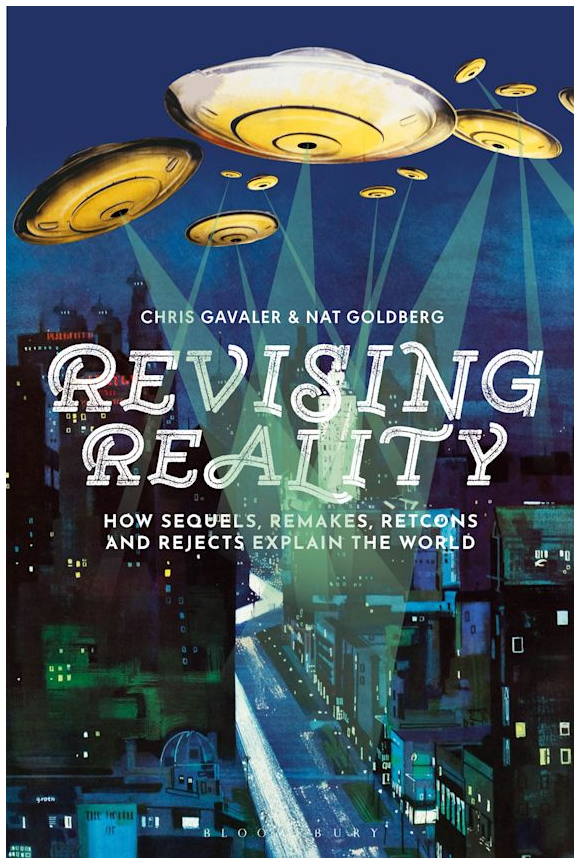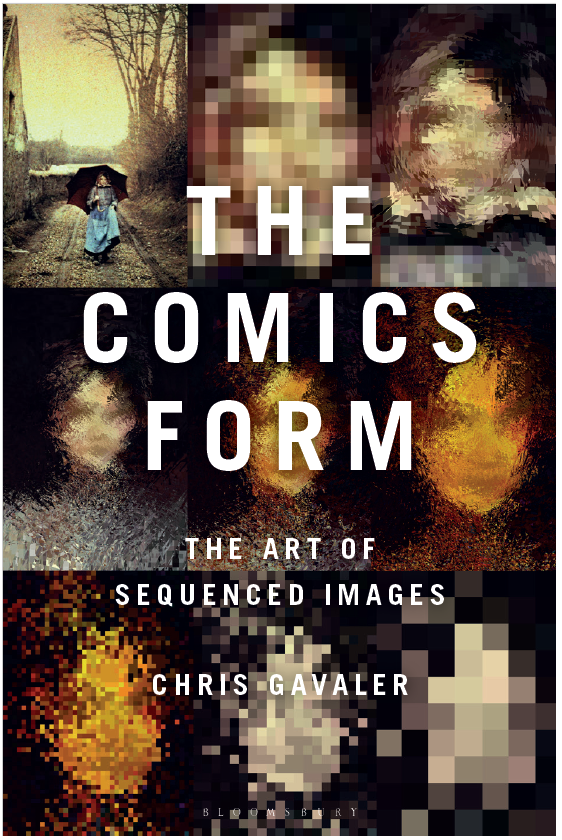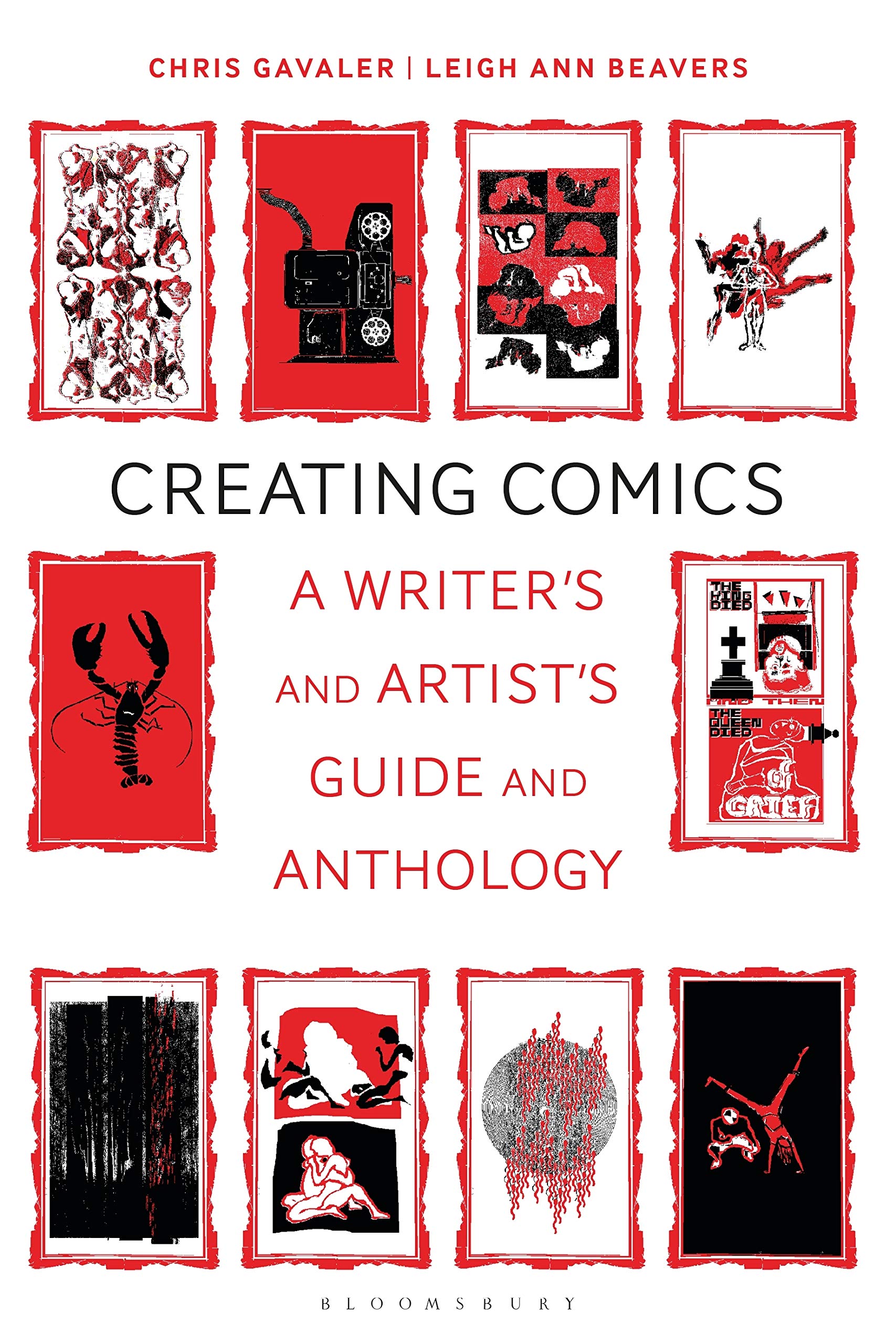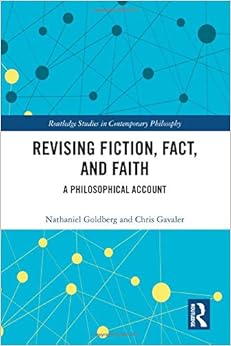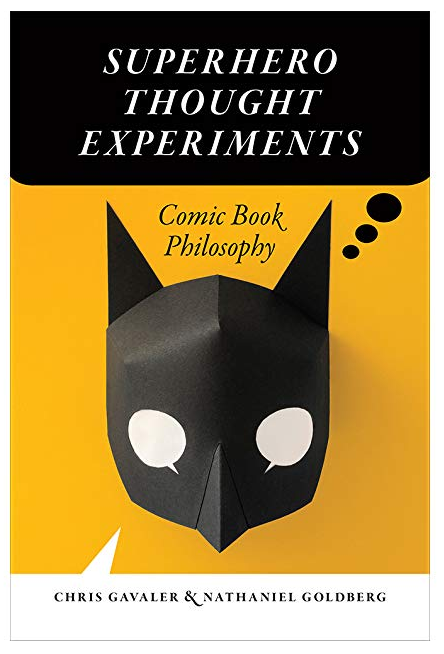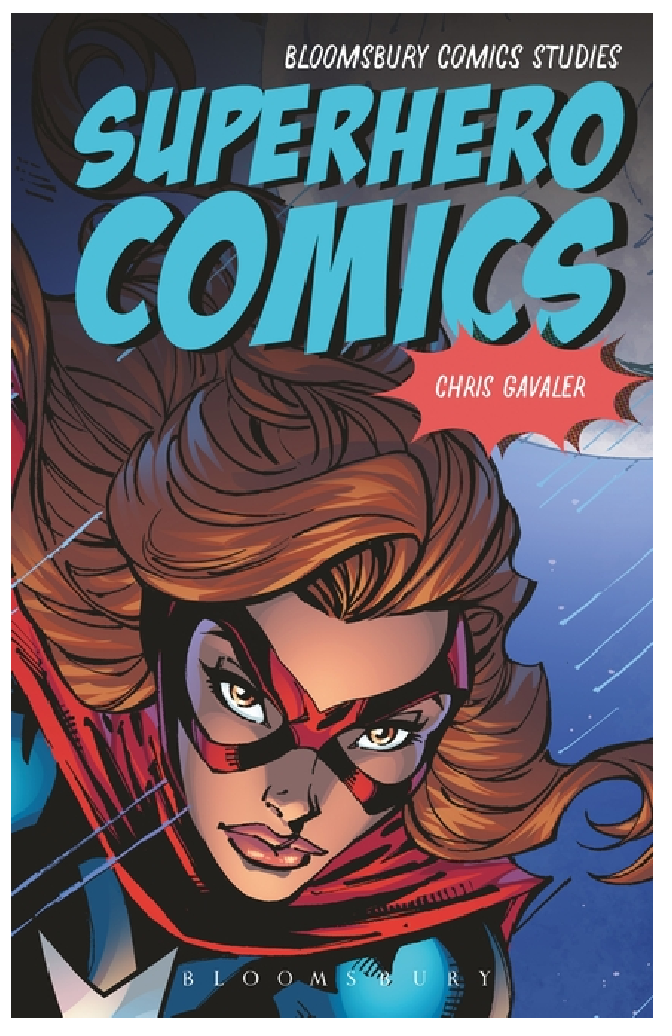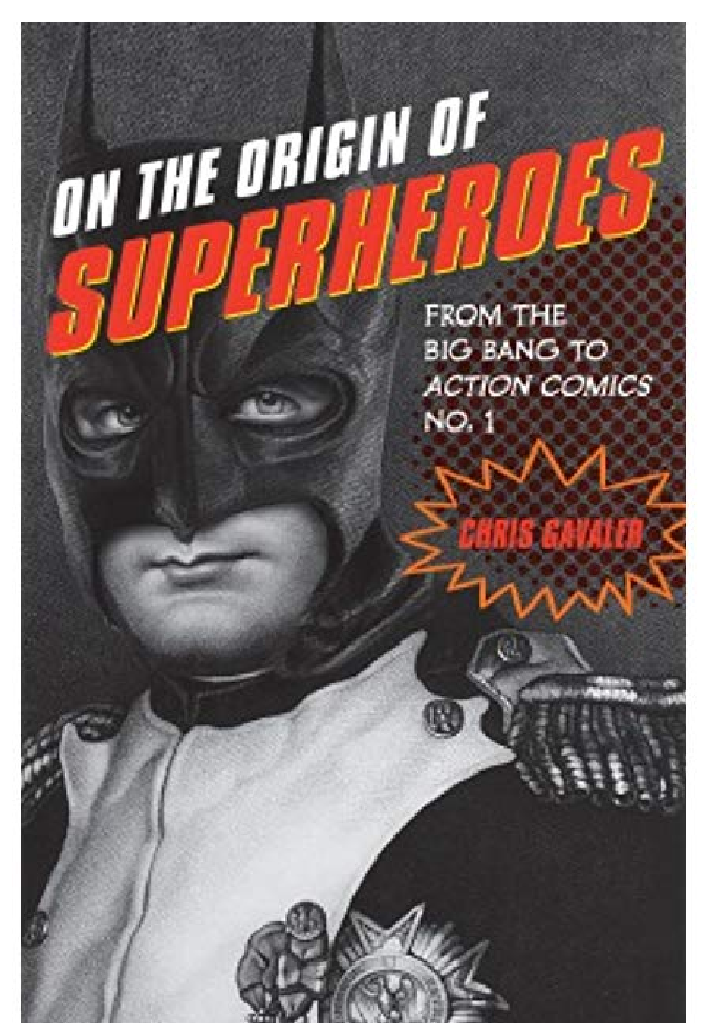Monthly Archives: August 2011
29/08/11 Spider-Man vs. the Superman (Round 2)
The box of 70’s comics in my attic includes a mangled copy of DC and Marvel’s first publishing team-up, Superman vs. the Amazing Spider-Man. The battle should have lasted one panel. Little Peter Parker might have held his own against the less godlike 1938 Superman, but the 70’s Man of Tomorrow could have squashed Spider-Man like, well, a spider. The fight ends in a draw, but only because Superman pulls his one punch. His fist never makes contact, but the shockwave sends Spider-Man sailing across town.
Julie Taymor suffered the same fate earlier this year.
It requires a lot of ubermensch hubris to transform a comic book into a musical, and Bono, who co-wrote the lyrics for Spider-Man: Turn Off the Dark, and ex-director Julie Taymor, who co-wrote the book, share it. I noted last week the eugenic shadow Nietzsche casts over the songbook. Patrick Page’s Green Goblin is a 21st century Frankenstein breeding supermen into evolutionary supremacy. Bono never puts the phrase “God is dead” to melody, but it’s been the favorite refrain of supervillains for a hundred years.
In 1911, an American eugenics organization issued their first “Preliminary Report” for improving the human race. They recommended the prevention of “unfit breeding” through immigration restrictions, racial segregation, anti-interracial marriage laws, sterilization, and “euthanasia.”They envisioned a gas chamber in every Smallville, an idea Hitler liked so much he improved on it.
If God is dead, then the Green Goblins of the world are free to take control. Nietzsche thought that would be a good thing, a race of supermen rising to replace obsolete, god-hobbled humanity. Fortunately, Bono and Taymor swing to our rock ‘n roll rescue. Their Spider-Man is no superman. Instead of assuming the throne God left empty, Spider-Man: Turn Off the Dark restores the old world order.
Real old. The Broadway Spider-Man is an offspring, not of homo superior, but Greek mythology. This Peter Parker sings about Icarus and gives class presentations on the spider goddess Arachne. It wasn’t a random universe that transformed Peter into a web-slinging mutant. It was a divine plan. In the final song, Arachne, “the queen of dreams banished to a shadow prison,” reveals to him that she has been watching and waiting all along. “The fates have delivered you,” she intones. “The gift you’ve been given binds you to me.”
God isn’t dead. She was just sleeping.
Of course when Bono ended their Broadway team-up and punched the amazing Taymor across town, most of Arachne went with her (one reviewer estimates that actress T. V. Carpio’s role was snipped by more than half). Bono and the Edge composed a new song for their Nietzscheian Goblin to fill the god-shaped gap in the show’s running time, but Spider-Man still triumphs and the eugenic future is thwarted once more. Instead of striving for ubermensch excellence, the producers settled for everyman mediocrity.
Alex Pappademas in The New York Times Magazine recently bemoaned the sorry state of the mass market superhero, wishing the genre would be handed over to auteurs, to directors with bold artistic visions. That didn’t go so well for Ang Lee and the Hulk. Tim Burton invented the modern superhero film, but Warner Brothers still punched him across town after one idiosyncratic sequel. Bryan Singer managed to crash the Superman franchise in a single bound. And apparently none of Taymor’s preview audiences could comprehend her superhuman vision either.
The common man doesn’t want the superman. They want Spider-Man.
Tags: Alex Pappademas, Bono, eugenics, Julie Taymor, Nietzsche, Spider-Man, Superman, Turn Off the Dark
- 6 comments
- Posted under Uncategorized
22/08/11 Spider-Man vs. the Superman (Or, Why Bono Is God)
My daughter’s Latin teacher told me this joke over a pitcher of beer:
While an angel is giving a tour of heaven, a new arrival sees someone in a leather jacket and shades slouching in a corner and acting cool.
“Oh my God,” he asks, “is that Bono?”
“No,” says the angel, “that’s God. He just THINKS he’s Bono.”
Everybody at the table cracked up. Bono is bigger than God. Even God thinks so. It’s a good joke, even without the beer. But I swear I’d heard it before. Was it Lennon who said the Beatles were bigger than Jesus? Or was that the other Lenin? The one who called religion an opium for the masses? (Or was that Groucho Marx?) Either way, Nietzsche made the joke first. Except his punchline isn’t half as good. “God is dead” never gets a laugh.
The comic book Superman was Jerry Siegel and Joe Shuster’s adolescent response to Hitler, but his namesake, “the Superman,” was Frederic Nietzsche’s adolescent response to Darwin. Nietzsche, slouching in a corner of the 19th century with his shades on, saw that the world no longer needed supernatural forces to make sense of itself. And if God’s dead, it’s up to humankind to replace Him. Darwin’s cousin, Sir Francis Galton made the same leap. The year Nietzsche introduced his ubermensch, Galton coined the term “eugenics,” the pseudo science of human-controlled evolution. They both envisioned the rise of the planet of the supermen.
And, apparently, so does Bono.
I finally gave in and downloaded the U2 soundtrack to Spider-Man: Turn Off the Dark to listen to on my daily jogs. A lot of rock ballads belted out in well-enunciated Broadway style, no surprises there. Patrick Page’s Green Goblin thankfully muscles in around the halfway mark, usually leading an ensemble of toe-tapping supervillainy. Nietzsche and Galton sing harmony.
It turns out the Goblin’s “life’s work” is “enhanced genetics” and “super-human kinetics” directed toward the creation of “new men,” a “new species.” The military wants a “new breed of Marines” (same as Captain America’s old handlers), but the Goblin’s “designer genes” lead him into a much bolder “do it yourself world” in which human beings become the “masters of creation,” claiming “powers once reserved for the ancient gods.”
Man wants to evolve himself into God.It’s as if U2 were adapting Also sprach Zarathustra for the stage.
As the fates would have it, another Green Goblin (James Franco played him in the first, soon-to-be-extinct Spider-Man films) assumes the same Frankenstein role in The Rise of the Planet of the Apes. It’s the lure of the superman (this time in the form of super-intelligence) that puts his research on the fast track and results in (spoiler alert!) the creation of a new species and the extinction of humankind. What Nietzsche and Galton were singing about over a century ago. Except without the cool CGI.
Neither of them read Frankenstein very closely. The first superman was bred in Mary Shelley’s writing laboratory, looking not like a stitched-up corpse but a towering Greek god (the original illustrations depicted him in tunic and sandals). Unlike James Franco, Shelly’s mad scientist realizes his mistake in time and prevents his creation from breeding, because “a race of devils would be propagated upon the earth, who might make the very existence of the species of man a condition precarious and full of terror.” Nietzsche and Galton and the Nazi eugenicists who followed them made that terror their goal.
Reviews of Spider-Man: Turn Off the Dark do not prophesy the rise of a new breed of musical anytime soon. And while “Rise Above” makes a nice superstar spectacle on American Idol, a superhero is still an odd creature to put to song. But then most musicals are. Shelley’s novel was so big, the Victorians made a musical out of it too. An act of hubris even Bono wouldn’t attempt.
(Next Monday: Spider-Man vs. the Superman, Round 2)
Tags: Bono, eugenics, Frankenstein, James Franco, Spider-Man, Superman, Turn Off the Dark, U2
- 3 comments
- Posted under Uncategorized
15/08/11 Are Batman and Robin gay?
The short answer: Sort of.
Bob Kane never drew the dynamic duo in an intentionally compromising position, but were the two having sex in the gutters between the panels?
Can’t say. That’s the point of the comic book gutter. It requires the reader to fill in the narrative gap. If you read sex in that space, then sex it is. Frederic Wertham certainly did, and lots of it.
In his 1954 Seduction of the Innocent, Wertham famously explains: “Only someone ignorant of the fundamentals of psychiatry and of the psychopathology of sex can fail to realize a subtle atmosphere of homoerotism which pervades the adventures of the mature ‘Batman’ and his young friend ‘Robin.’ . . . They live in sumptuous quarters, with beautiful flowers in large vases, and have a butler, Alfred. Batman is sometimes shown in a dressing gown. . . . It is like a wish dream of two homosexuals living together. Sometimes they are shown on a couch, Bruce reclining and Dick sitting next to him, jacket off, collar open, and his hand on his friend’s arm. . . . [Robin] often stands with his legs spread, the genital region discreetly evident.”
Wertham is great fun to lampoon, but the question remains: What about Batman and Robin encourages someone, anyone, to read in sex?
The long answer:
Batman was a throwback to the mystery men of the 1930’s pulps. Bill Finger plagiarized the first “Bat-man” episode from a monthly Shadow novella published three years earlier. Though mystery men like the Shadow and the Spider never settled down and married, they did have partners, fiancées who knew exactly what was under their heroes’ costumes.
Alan Moore (through the fictional autobiography of a retired superhero in Watchmen) identifies “the repressed sex-urge” of the pulps (“I’d never been entirely sure what Lamont Cranston was up to with Margo Lane . . . .”), sensing that these heroes and their fiancées were not entirely “innocent and wholesome.” Writers like Walter Gibson and Norvell Page couldn’t depict sex, but they sure knew how to imply it.
For Batman’s fifth episode, Gardner Fox inserted a pulp-standard fiancée, Julie Madison, a character even Batman forgets after Robin debuts a few issues later. Comic book superheroes had a new breed of helpmate to share their secrets. Fiancées were out, and sidekicks were in. In addition to knowing all the ins and outs of Bruce’s Batcave, the Boy Wonder fulfills the same plot roles. “Like the girls in other stories,” observes Wertham, “Robin is sometimes held captive by the villains,” something Julie never got to do after her first appearance.
The narrative gaps in the Shadow’s and the Spider’s stories lured many readers’ minds to the gutter, a ploy to titillate without stepping into censorable sexuality. I doubt Bob Kane and his DC cohorts intended the same, but when they plumbed old stories for new material, they brought the pulps’ sexual baggage with it. As a result, Batman and Robin’s sexuality is hilariously ambiguous, but with no way to prove or disprove Wertham’s or anyone else’s claims.
The short answer: Batman and Robin are as gay as you want them to be.
Tags: Alan Moore, Batman and Robin, Bill Finger, Bob Kane, DC Comics, Frederic Wertham, Gardner Fox, Julie Madison, Lamont Cranston, Margo Lane, Norvell Page, Seduction of the Innocent, The Shadow, The Spider, Walter Gibson
- Leave a comment
- Posted under Uncategorized
08/08/11 Halfway
I spent half the year halfway around the globe, in New Zealand, a kind of Earth 2 orbiting opposite my life back here in Virginia. I traveled with my family, reprised my role as stay-at-home-Dad to my increasingly too-old children, but mostly I wrote. After teaching and studying superheroes for three years, the leotarded legion muscled their way into my fiction. I’m drafting a novel about the grandson of a comic book artist who transforms into—well, maybe not a superhero yet, but he’s trying his best. I hit the half way mark as we were cramming our lives back into suitcases.
I couldn’t fly shelves of comic books and pulp novels to the southern hemisphere, so my other book-in-progress, a collection of essays about the early history of the genre, was waiting for me here. I like to see how ideas of the day (eugenics, fascism, colonialism, cold war politics) left their mark on the superhero’s chest. Three of the essays are under submission at academic journals. The other three are primordial goo. Half way there.
I turned forty-five while away. To say I’m half way done with my life is optimistic. Does starting a blog count as a mid-life crisis? I’m also starting my first full-time teaching position since my fourteen-year-old daughter was born. My son is ten. His childhood is at least half over, but he still blurts questions like: “Dad, can Wolverine’s claws cut through Captain America’s shield?” or “Who would win in a fight, Thor or Superman with his original powers?”
Things changed while I was on Earth 2. My kids’ grandparents are divorced now, with my father-in-law remarried to a woman half his age, my age. My relationship with my sister and brother-in-law, which was in freefall when I left, hit bottom, with no one sure how to meet each other half way. Only my writing keeps going. There’s a play and screenplay in the works too.
Superheroes are the one area of my life I have all the answers.
- 2 comments
- Posted under Uncategorized
01/08/11 My Daughter’s Date with Captain America
Madeleine assured us that the boy in question was not going to the movies “with” her. He was merely attending the same showing, sitting in the same row, in the seat next to hers, after meeting her and a friend in the park outside the theater beforehand. The word “date” was not used.
They were planning on Transformers 3, but the film broke, so they bought their separate tickets to Captain America instead. We had seen it as a family the night before. Madeleine joined us out of boredom, risking the humiliation of being seen at a movie with her parents and little brother. She braced at the sight of an acquaintance in the line behind us.
I wasn’t expecting much either. The Golden Age Captain America was the ultimate nice guy, a squeaky clean do-gooder devoid of psychological depth. He started life as a knock-off of the first but now forgotten flag-costumed superhero, The Shield (Jack Kirby redrew Cap’s shield as a circle to deflect a lawsuit), and existed for one reason: To fight Nazis. And sell comic books. His title was a top grosser during World War II, but even before Hiroshima the market was turning against patriotic violence. Captain America Comics converted to Captain America Weird Tales in 1949 and then was cancelled.
Marvel resurrected him in the sixties, but the universe had changed while he was away. Superheroes weren’t fighting a world war; they were preventing it. The Axis was gone. Heroes were throwing as many punches at each other. Captain America had to grow up too. After Watergate, he traded in his flag suit. He didn’t fight Iraqis after 9/11; he fought the Patriot Act. Comic books aren’t printed in primary colors anymore. They’re darker, grainier, a palette of gradations.
Captain America: The First Avenger returns its two-dimensional nice guy to his old haunts and somehow transforms him into a sweet and fun hero. But like anything nostalgic, the film also reinvents the past, sanitizes it. This Cap doesn’t fight Nazis. The villain’s minions are faceless, and their weapons evaporate bodies in a bloodless flicker of CGI. Even when standard issue rifles are fired, their victims crumple as politely as stage actors. Still better, the U.S. Army has been retroactively desegregated, and a woman can rise to a position of power and respect. Also there’s no sex. The closest you get is Cap’s love interest fluttering her confused fingers in front of his naked chest when he emerges from his transformation chamber.
My daughter had a similar reaction to the middle school boys she hadn’t seen for six months. Our family was in New Zealand during the crucial transformation scene. They’re taller, broader, deeper voiced. The boy who stepped into Captain America’s chamber looked just as gawky. Puberty is a clumsy superpower, a brief and bewildering universe poised between the sanitized past and a weird tales future.
Cap and his love interest never quite come together. They plan a night out, but he spends seventy years in a block of ice instead. When he wakes to another transformed world, he laments to Samuel Jackson: “I had a date.” I was braced for a nursing home reunion, but the credits rolled instead. The particular boy who did not not go on a date with my daughter has liked her for months, possibly years. I don’t know how it ends, but it’s a sweet story. I recommend seeing it twice.
Tags: Captain America, Captain America: The First Avenger, Golden Age, Jack Kirby, Marvel
- 2 comments
- Posted under Uncategorized

